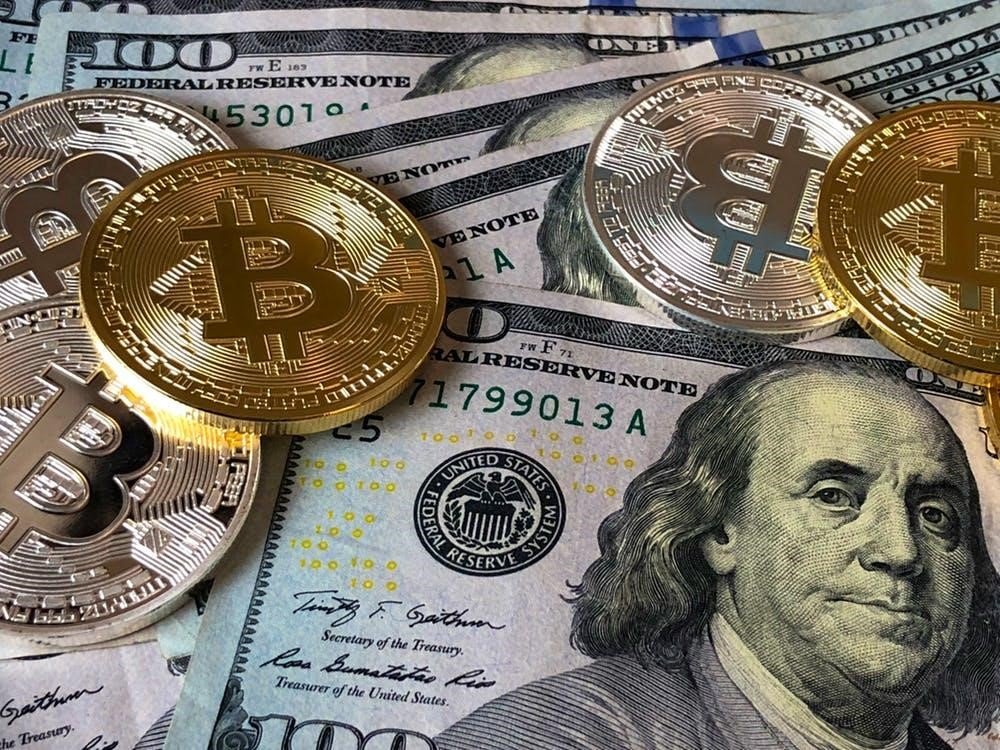Bitcoin: the Case For and Against

While we’re no longer seeing quite the storm of hype and enthusiasm around bitcoin and other cryptocurrencies that we were 18 months ago, that’s arguably a sign that it’s more accepted than ever. No longer the sort of novelty that attracts frantic mainstream press coverage and headlines, it’s now gaining more and more acceptance as a feature of the financial world and entering more into common use (and being seen less as only an investment vehicle).
THE ADVANTAGES
Before we get into the more general positives and negatives that might be applied to other cryptocurrencies too, it’s worth noting that if you’re already bought into the idea of cryptocurrency, bitcoin has a couple of obvious advantages over its competitors. The first is that it's used quite widely. It’s accepted by a number of household name brands including the likes of Expedia or Overstock.
It also has greater liquidity than other cryptocurrencies. This means that users can keep most of bitcoin’s inherent value when they’re using it to buy conventional currencies such as the euro or the US dollar. Other currencies, by comparison, often either can’t be directly exchanged for fiat currencies or, if they can, lose a lot of value during the exchange.
- Anonymity
This was one of the early selling points of bitcoin and other cryptocurrencies. They are inherently discrete. Unless you actively choose to publish your transactions, they are not associated with your personal identity, much like cash-only purchases. Indeed, a new bitcoin address is generated for each new purchase you make.
- Independence
This was another of the early selling points for cryptocurrencies. Because they are not created or controlled by a state actor like a central bank, they’re not subject to the same kind of political influence as a fiat currency is. Similarly, it’s much harder for governments to freeze or seize cryptocurrency assets than it is in the case of conventional currency – something that might be particularly appealing to residents of countries where it’s not uncommon for money to be seized simply as an act of political retribution.
Bitcoin has an added advantage over its cryptocurrency competitors in that it’s dispersed. Many other cryptocurrencies are held in the accounts of a small number of users, who are then able to influence things like value by drip-feeding supply.
- Purchases are untaxed
Because Bitcoin is independent and anonymous, state actors are unable to easily apply sales taxes to transactions that use it.
THE DISADVANTAGES
- Use is still limited
While bitcoin enthusiasts will point out that you can now trade bitcoin for almost any physical product, its uses are still limited. Bitcoin has been slower to break into some niches than others. For example, if you want to play poker for real money, it can mean your options are limited. While you may be able to find a site which is willing to accept bitcoin, they are likely to be relatively new to the industry, meaning the quality of poker games won’t be as high.
- Purchases are untaxed

While many will see the difficulty of taxing cryptocurrency transactions as a positive, for those who see it as reasonable and appropriate that they pay their share of taxes, this feature can be perceived as a negative.
- The environmental impact of bitcoin mining
Mining and exchanging bitcoins consume a huge amount of electricity, and many of the largest companies mining the currency are based in China, where power production is reliant on coal and very dirty. Because of the untraceable nature of bitcoin it’s difficult to come up with an accurate figure for just how much power is consumed, but bitcoin analyst Alex de Vries said in 2017 that on the very conservative end the process uses as much energy as the entire country of Slovenia, and on the other end it’s possible that it’s around twice as much as that – 0.7 per cent of total US consumption. That’s a huge carbon footprint.
- Potential to be replaced
While bitcoin is on top right now, it has created a slew of competitor cryptocurrencies. Many are quite similar to bitcoin, but some do make improvements to the formula.
Bitcoin might be dominant for now, but in time one of them could overtake it and leave long term users out of pocket. The history of digital technology has long been one of seemingly unassailable companies being toppled by upstart contenders.
Conclusion